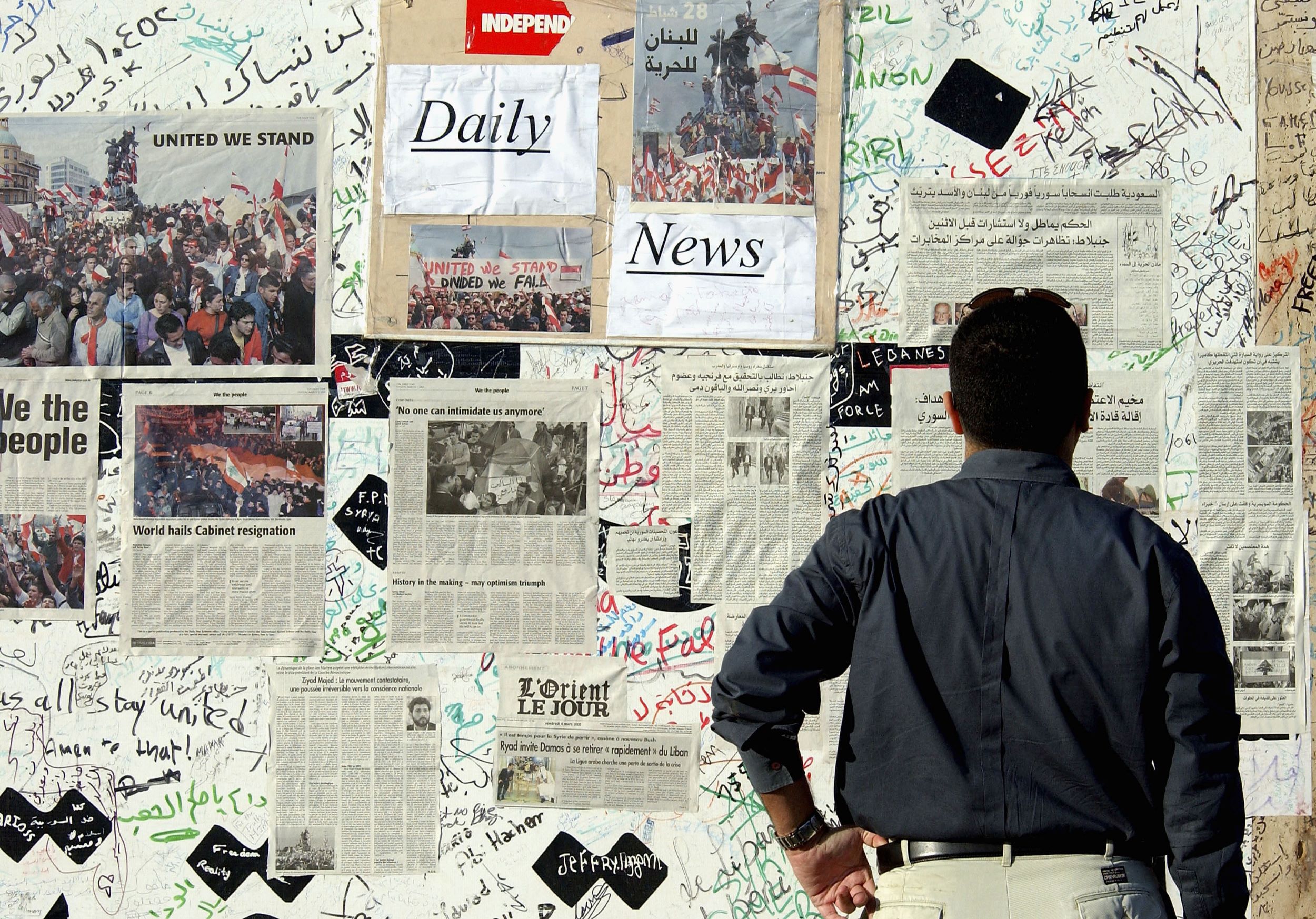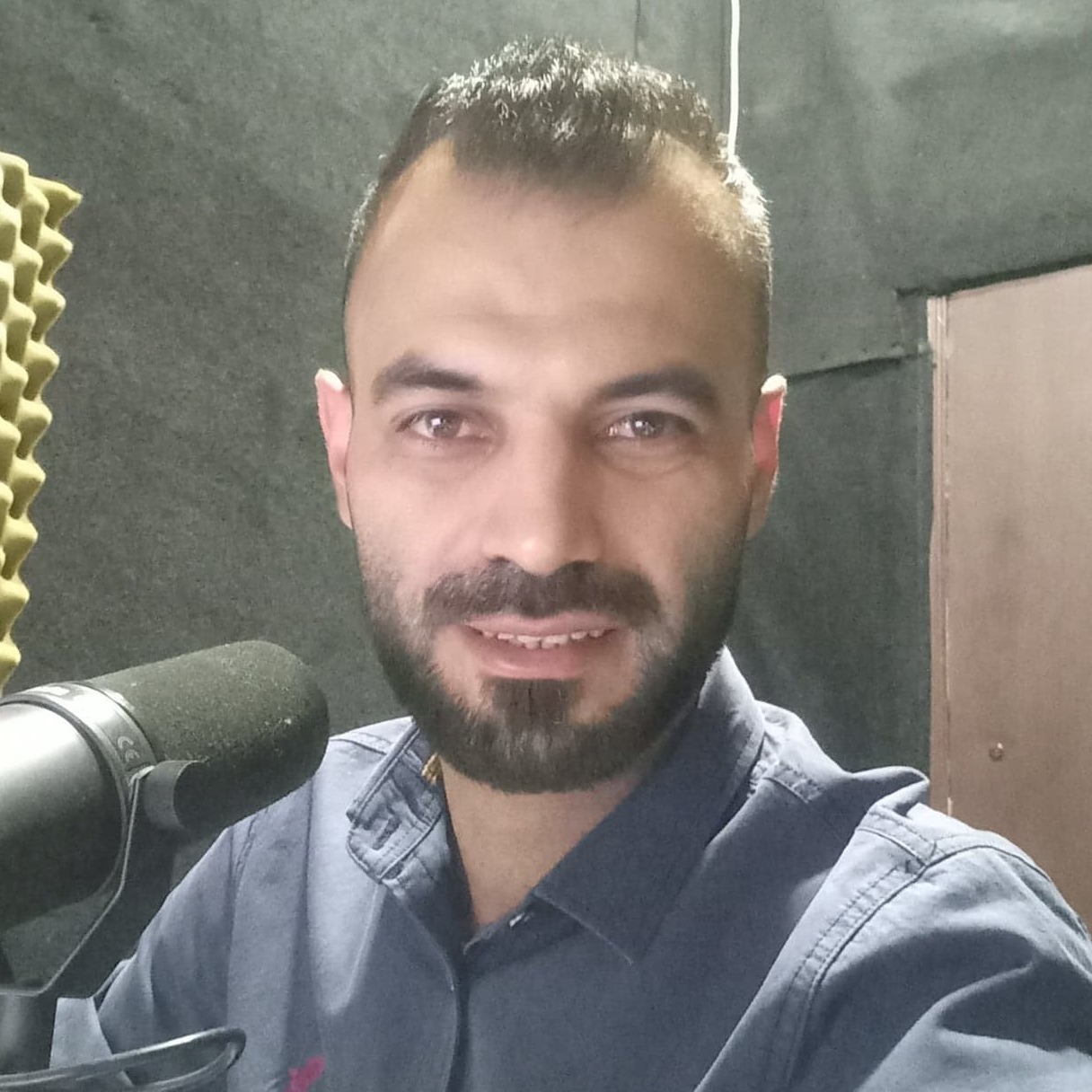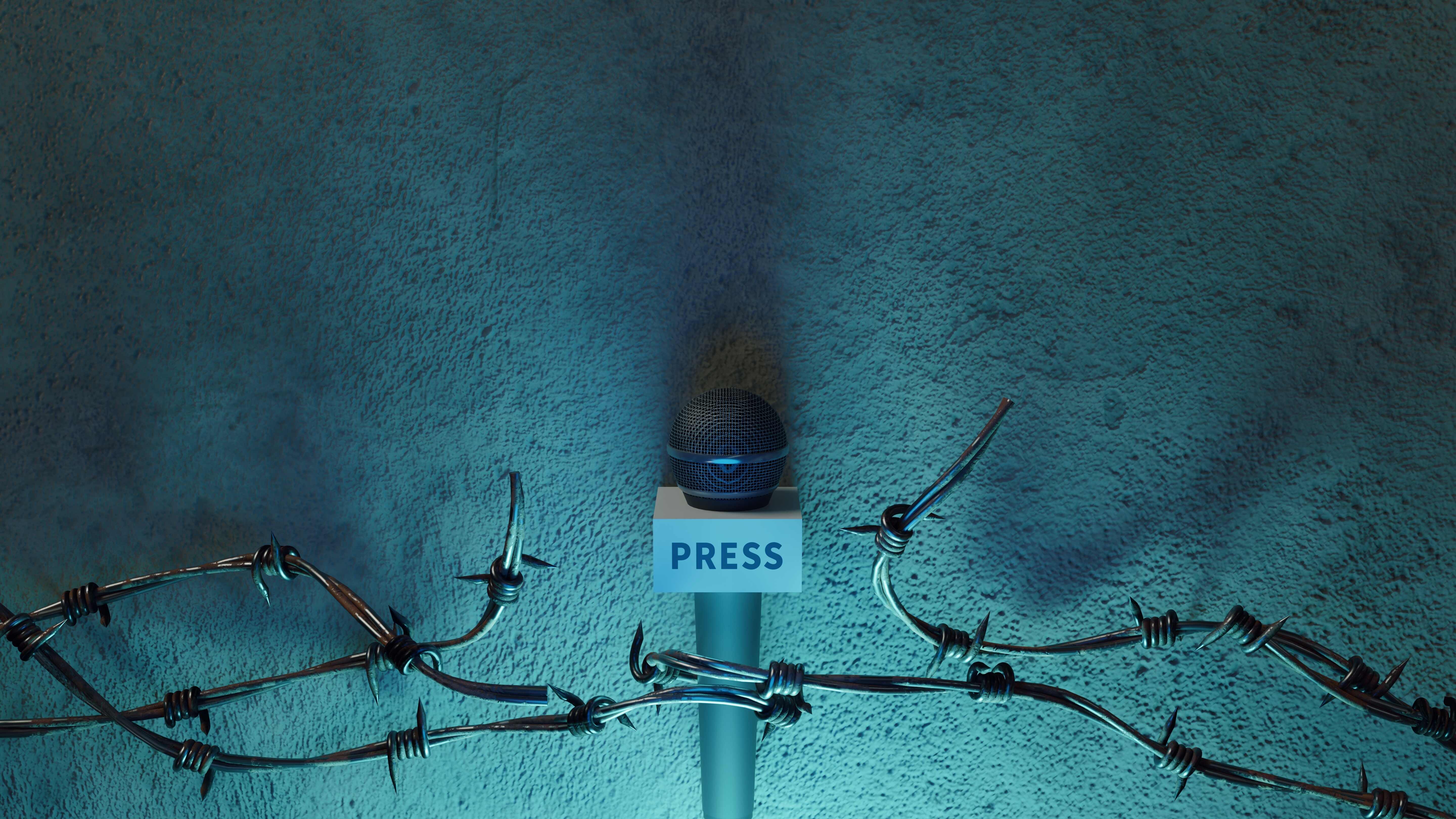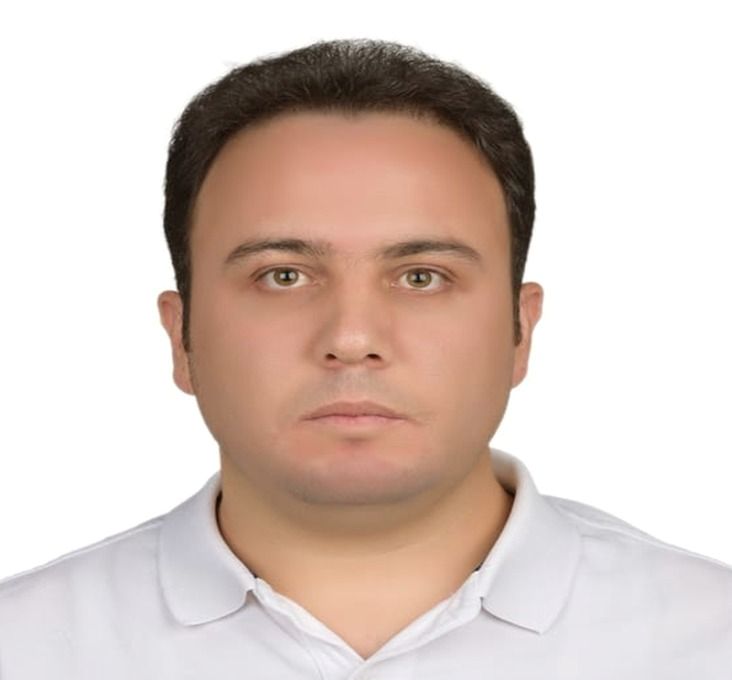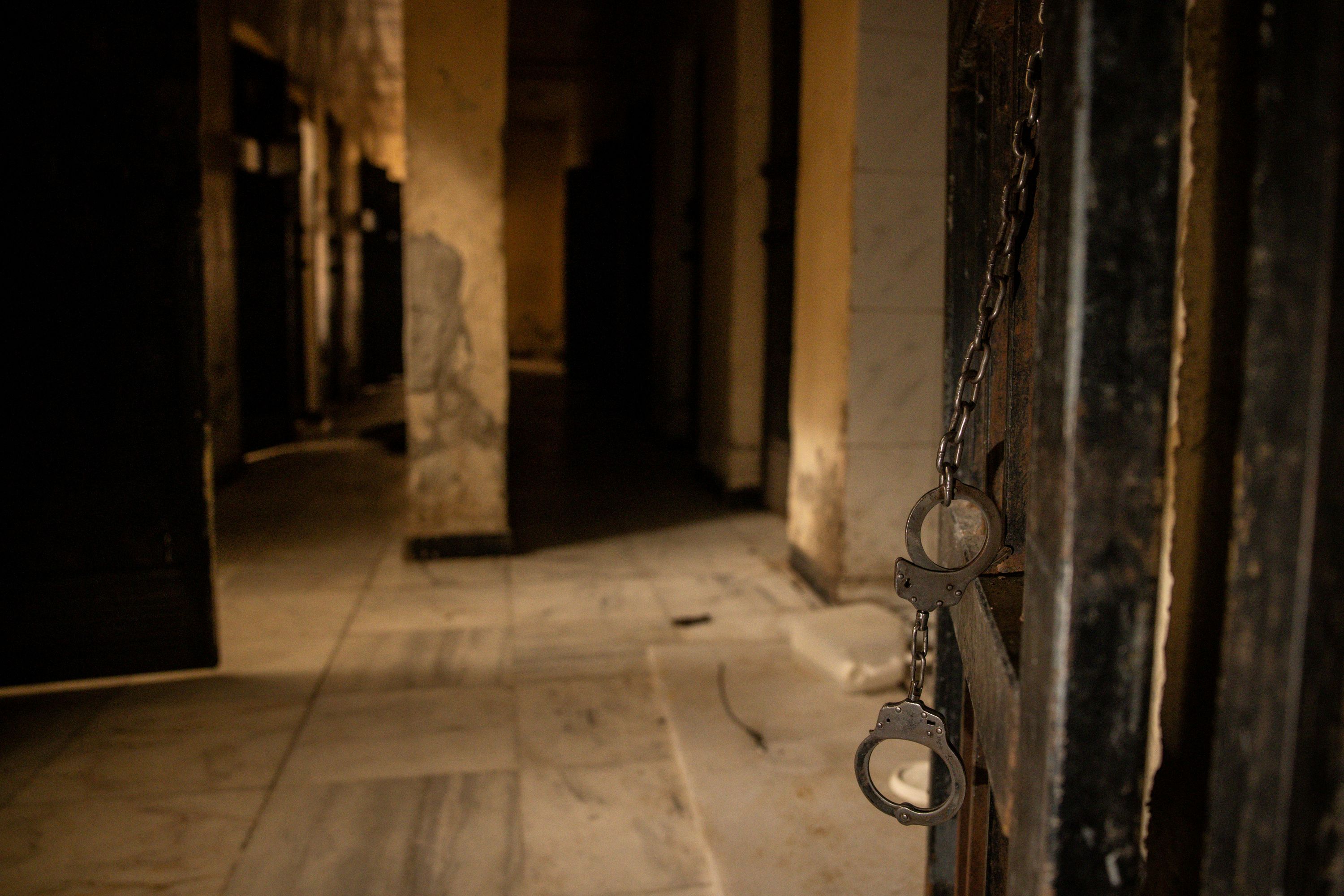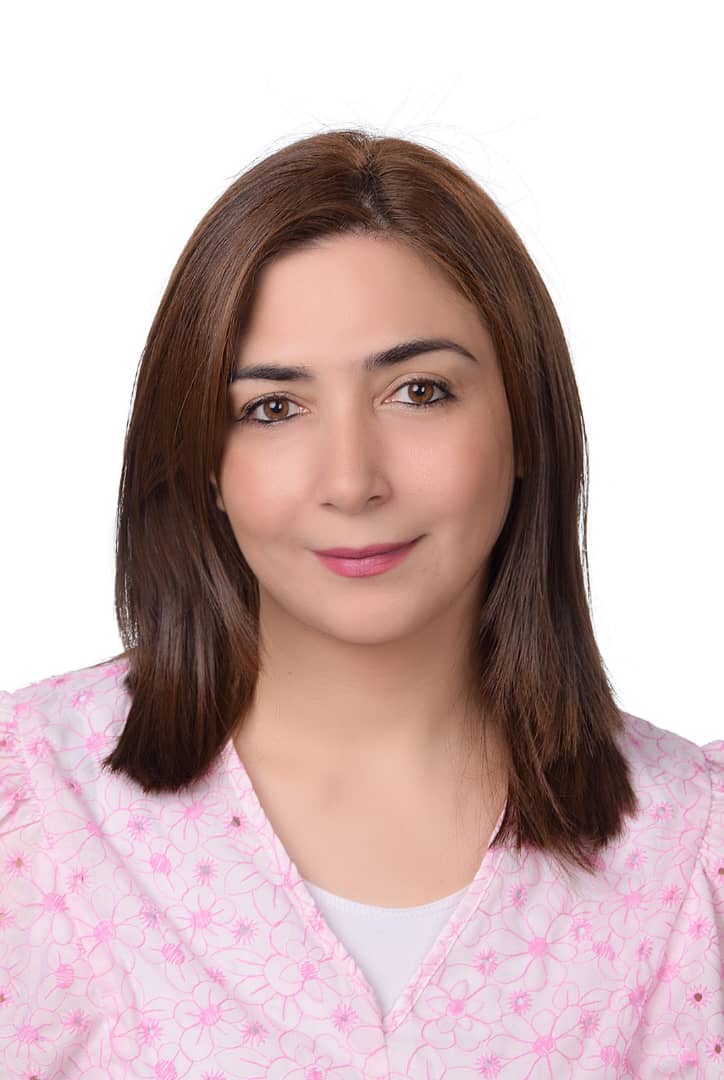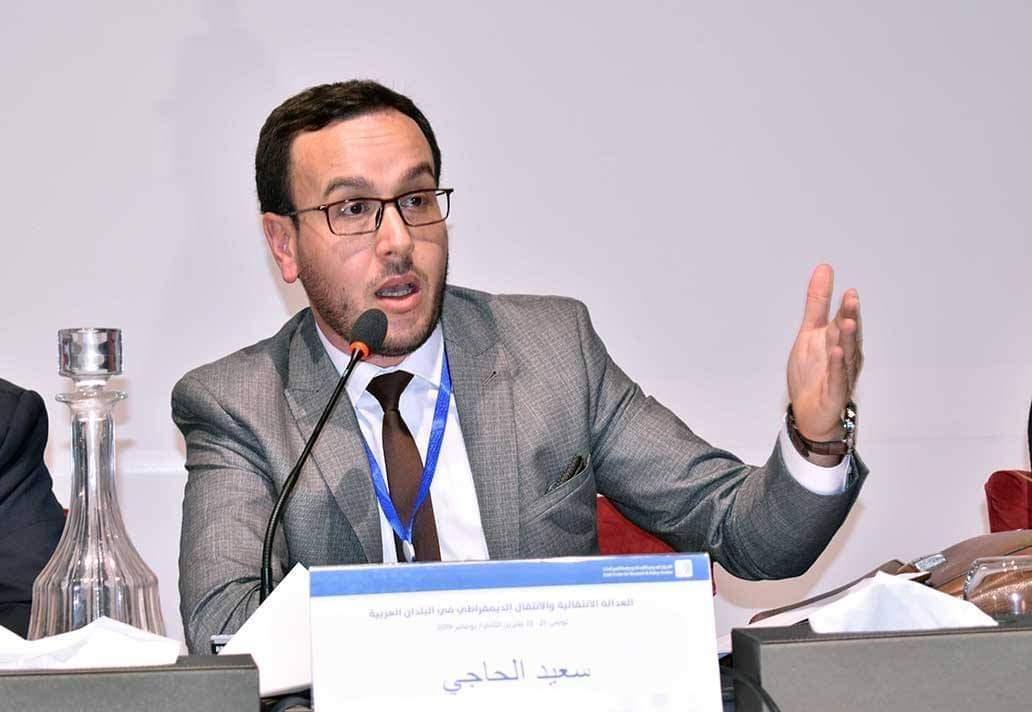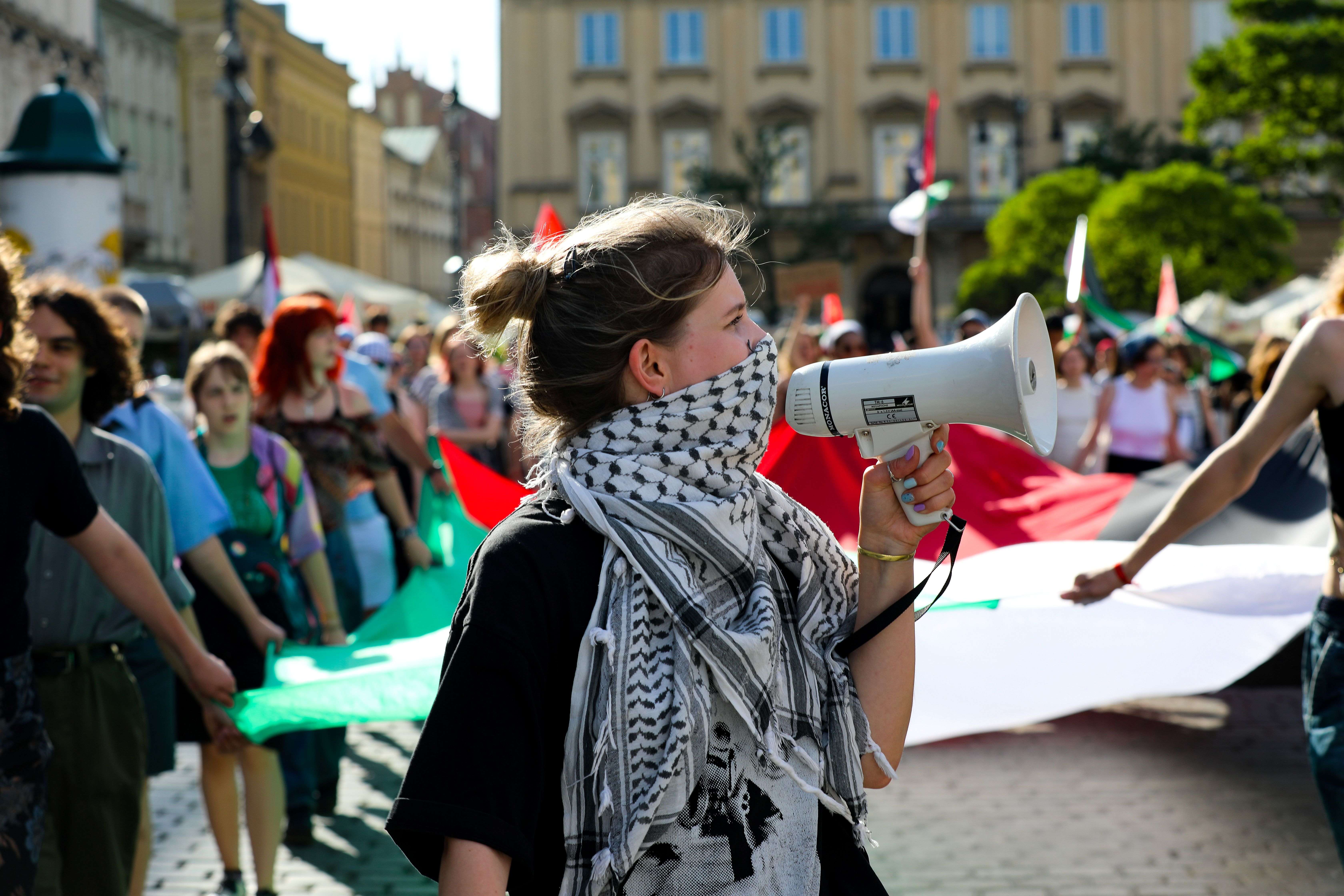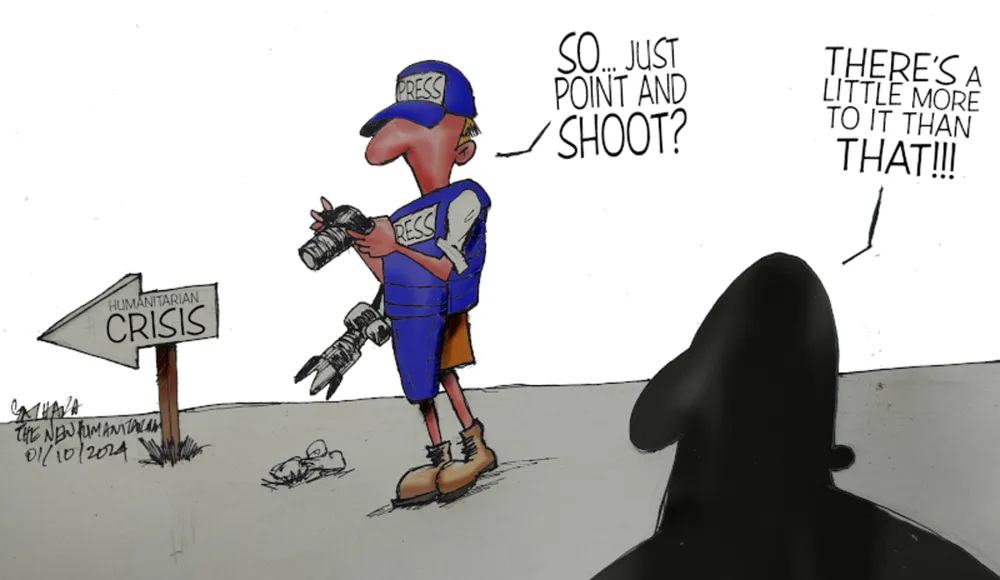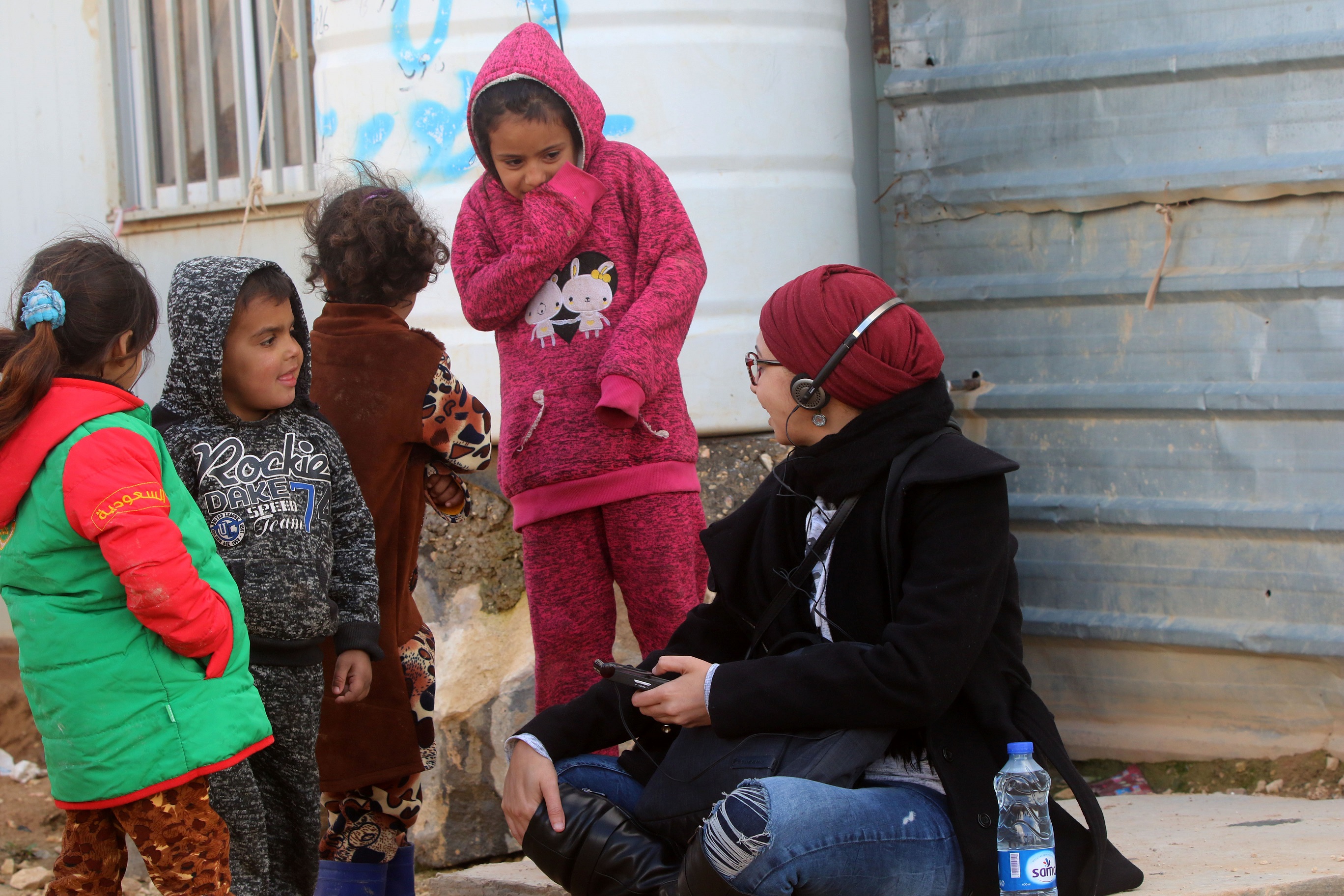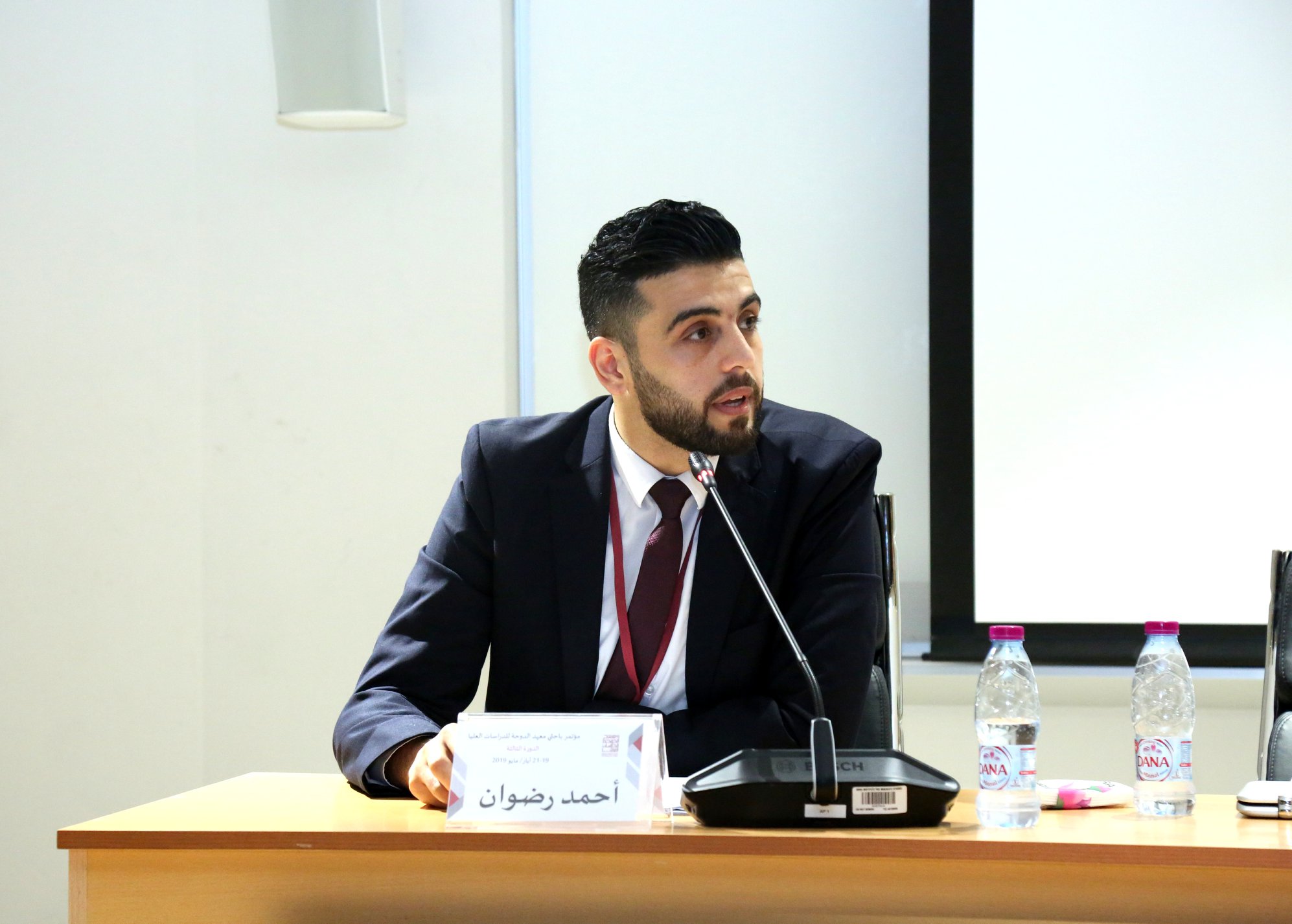The nature of a journalist-translator’s job forces one to become a messenger mediating between nations and cultures. Our writer reflects on the responsibilities this brings
“Unfortunately, your translation is not accurate,” said the chief editor of a magazine I started working at back in late 2016. It was my first - and last - translation for that particular publication.
He continued: “you must not omit a single word from the source text even if it is not important. Our work here is translating articles, not summarising them!”
A sentence in the text stated that Customs had rejected a wheat cargo “once, twice, five and 15 times”. I translated this part as “once, five and 15”. I had only omitted the word “twice” so I did not stay silent. I tried to persuade him that my translation was right, explaining that the author of the original text was a journalist specialising in economics. He was also Spanish.
It was natural for him, when counting, to use the numbers of the cash categories in his country which are one, two, five and 15 euros.
In my translation, however, I had included the cash categories known to readers in this region.
Surprise was all over his face - I guess he learned something new that day. I still firmly believe my translation was correct, but nevertheless I was not paid a dinar or two or five or 15 for the work I had done.
‘Deliver the message’
Peter Newmark, one of founders of Translation Studies, says: “A translator’s job is to deliver ‘the message’ that the original text author wanted delivered, with the same sense.”
Directly translating the meaning of the words alone does not suffice; a translator must dig deeper into the mind of the author and ask: “What were they thinking at that moment? What did they want to indicate by using certain words?”
We should not forget that the nature of a translator’s job forces them to become messengers mediating between nations and cultures, but how hard is it to carry this message?
Translation comprises two main steps: reading a text in its original language and writing a new text in the target language. More than this, however, a translator is required to have knowledge of the source text language as well as the culture of its speakers, and to have vast knowledge of the target text language and the cultures of its speakers.
As far as language goes, perhaps it would be impossible for two people from the same country to speak identically, let alone two speakers from completely different cultures
The great Iraqi poet, Ahmad al-Safi al-Najafi, travelled to Iran and spent eight years there before translating the Rubaiyat of Omar Khayyam - a selection of quatrains by Omar Khayyam, who was a Persian polymath, mathematician, astronomer, historian, philosopher and poet. His translation became one of the best translations of the well-known quatrains, because he was able to draw on his direct interaction with Persian speakers over many years.
As far as language goes, perhaps it would be impossible for two people from the same country to speak identically, let alone two speakers from completely different cultures. And if these languages differ in terms of grammatical rules - syntax, semantics, style and even the effects of phonetics on the hearers from both sides, does the translator’s work include these rules and stylistic methods to be loyal to this message?
For example, does a translator have to abide by the grammatical rules of the English language to write a text in Arabic? This sounds rather insane if you think about it. Let us just transfer the meaning solely with loyalty, and let the grammar and words be damned for all I care!
And, it is from here that the well-known Italian saying “traduttori traditori” - “translators are traitors” - stems.
All roads lead to treason
There are many linguistic and cultural aspects which could trip up a translator, unwittingly rendering him or her a “traitor” to the original text. It is easy to do this when translating between Arabic and Western languages, for instance.
For example, in English, sentences generally begin with a noun phrase followed by the verb phrase - nominal sentences - whereas Arabic varies the use of verbal and nominal sentences with more use of verbal sentences in many texts.
Each type of sentence has different semantic indications: a verbal sentence highlights the action itself, and a nominal sentence highlights the “doer”. Either way, the translator-into-Arabic is unlikely to stick rigidly to the rules of the English language and will, therefore, form lots of verbal sentences. So, behold the treason!
The word “moon” in Spanish is feminine, while “sun” is masculine. But many words that are masculine in Arabic are feminine in Spanish and vice versa. What about translating from a language where speakers tend to be very liberal, to one whose speakers are conservative?
Would the translator work on pleasing traditional parties or sway towards a more liberal approach?
English speakers do not use feminine and masculine versions of different words. Take the word “friend”, for example: How do we translate that? “Friend” as in a male friend or a female friend? Does the translator believe in the existence of a gender other than male and female?
What about the case of numbers in a digital world? What about numbers in a world where the murdered are a bunch of daily numbers with no names? Western languages mention the number before the noun, the number before the numbered, whereas Arabic gives you the chance to put the noun before the number, to notify of the name and grant it the value it deserves even if it was in language only; “four civilians killed” or is it “civilians killed, and they were four?”
All this puts the journalist translator on different paths from which several roads branch from, and all lead to treason.
Dead ends in translation
But what if the road is a dead end?
Sometimes, a translator in the field of journalism might find themselves facing a dead-end barrier; a word that has no origin in the target language at all.
A few months ago, I translated a text by a Mexican author for Al Jazeera Journalism Review, in which he mentioned a plant called “Chayote”. I looked it up in the encyclopaedia of plants and could not find it in the Arabic language at all.
I went to a garden centre and asked there - but no-one had ever heard of it. I eventually discovered that this plant only grows in Latin America. Our ancestors here had no knowledge of it.
Does a translator have to abide by the grammatical rules of the English language to write a text in Arabic? This sounds rather insane if you think about it
At first, I thought about using the name of another plant of the same family which has similar characteristics and features. But I decided this really would be treason - so, in the end, I settled for putting its name as it is and left a short note for the reader in the footnote, with a brief description of this damned plant!
And now, after going over some topics related to “treason” in translation, what about the loyal translator? What if we were to apply a literal translation even with language rules and syntax? That could be a catastrophe.
Literal translation of the present - common linguistic errors of the future
Many poor linguistic phrases arise because of poor translations. Some translations do change meanings. For example, consider the phrase “for three hours after the president’s speech, confrontations happened…” Now, the original author meant that the confrontations occurred three hours after the speech, but this phrasing would make readers think that the confrontations happened directly after the speech and went on for three hours.
Another good example is the use of the word “lost” by Arab journalists in North Africa. They frequently use one of the meanings of “lost” in sports reports in phrases such as “our national team lost the match to…”
But this specific translation is often used in Arabic to indicate that something tangible has been lost.
It is known that in competitions there is another appropriate translation for saying “the team lost the match…” This is also a poor translation from Italian or Spanish of the verb “perder”. Perhaps that is why the Europeans outmatch us in sports - their language considers the matches as something tangible - they make sure not to let it go, whereas we put it on a win-lose spectrum!
What translators should do
Before entering the world of translation, I worked as a cashier in a local restaurant and the people there would call a cashier a “thief”. Frankly, the circumstances explain this: a job with no official contract, no social security, no health insurance and a daily income no more than $10, but you would be guarding a register holding thousands of dollars.
My job there was to be a messenger between the customer and the rest of the workers, carrying the customers’ message on a piece of paper. All you had to do was be loyal in delivering their orders, courteous and careful in your “thievery”.
I spent nine years working there. Today I find myself doing the same thing! All circumstances accommodate committing treason in translation. All you must do is deliver the message of the author with utmost loyalty regardless of the linguistic cost. The author is your original customer; understand their order thoroughly and make sure you deliver it appropriately to the readers, using suitable words. In the end, you are committing treason with absolute loyalty, my friend.
To summarise all this:
- Loyal translation of articles does not necessarily mean preserving the original text as it is
- A translator’s job is to deliver the message the original text author wanted to be delivered and with the same sense
- No matter how accurate and familiar with languages and cultural contexts a translator is, in the end they will still commit treason in regards to the original text
- Journalism can be a quick job, translation always requires reflection
Bahauddeen Alsyouf is a Jordanian journalist and translator
The views expressed in this article are the author’s own and do not necessarily reflect Al Jazeera Journalism Review’s editorial stance
